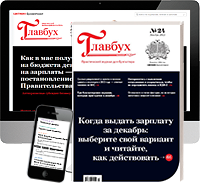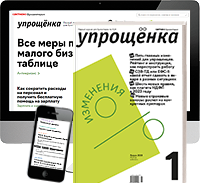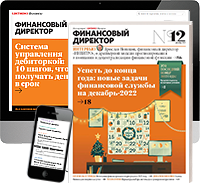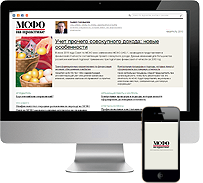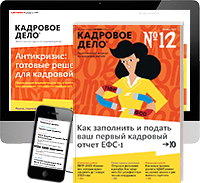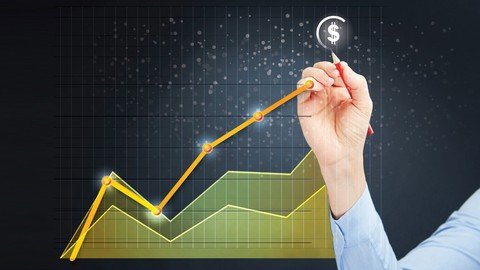
Published 10/2023
MP4 | Video: h264, 1920x1080 | Audio: AAC, 44.1 KHz
Language: English | Size: 1.15 GB | Duration: 3h 10m
Processes and Roles of the Forensic Accountant| Fraud Detection| Fraud Investigation| Fraud Correction| etc
What you'll learn
Need for forensic accounting
forensic audit
What Does a Forensic Accountant Do
Significance of forensic accounting
Fraud vs. White-Collar Crime
Red Flags in forensic accounting
Steps in conducting an investigation
Tools and techniques used in fraud detection and investigation
How to write an effective forensic investigation report
Forensic accounting cases
Why Forensic accounting different from audit
Requirements
Basic understanding of accounting and audit concepts
Description
Across the world every day, thousands of businesses fall prey to fraud. Who commits these frauds/illegal acts? Why? And, how? In this course we are going to help you answer the questions and see forensic accounting plays a role in them. Through these tutorials we shall brush upon the very basic of forensic accounting and understand various terms associated with it.The training will include the following:Introduction to forensic accounting?Need for forensic accountingWhat is forensic audit?What Does a Forensic Accountant Do?Significance of forensic accountingFraud vs. White-Collar CrimeRed Flags in forensic accountingSteps in conducting an investigationTools and techniques used in fraud detection and investigationHow to write an effective forensic investigation reportForensic accounting casesWhy Forensic accounting different from auditIn this course, we examine the many processes and roles of the forensic accountant. Learners will come away with an in-depth understanding of the world of forensic accounting and the many ways in which it may differ from the typical accountant's role. Forensic accounting is the investigation of fraud or financial manipulation by performing extremely detailed research and analysis of financial information. Forensic accountants are often hired to prepare for litigation related to insurance claims, insolvency, divorces, embezzlement, fraud, skimming, and any type of financial theft. Forensic accountants or auditors take a unique focus on performing their work. Typically, when a person with forensic experience is called in to examine financial records, it is due to suspicion of fraud, evaluation of assets, or even to track down fundamentally incorrect accounting.
Overview
Section 1: Introduction
Lecture 1 Introduction to Forensic Accounting
Section 2: Getting Started
Lecture 2 What is Forensic Accounting
Lecture 3 Details Related to Forensic Accounting
Lecture 4 Need for Forensic Accounting
Lecture 5 Types of Fraud
Lecture 6 Work from Home and Identity Fraud
Lecture 7 Charities and Insurance Fraud
Lecture 8 Popular Fraud Cases
Section 3: What Does a Forensic Accountant Do
Lecture 9 What Does a Forensic Accountant Do
Lecture 10 What Does a Forensic Accountant Do Continues
Lecture 11 Employee Fraud Investigation and Economic Losses
Lecture 12 Preliminary Investigation and Relevant Evidence
Lecture 13 Significance of Forensic Accounting
Section 4: Forensic Accounting Different From an Audit
Lecture 14 Fraud vs white Colar crimes
Lecture 15 How is Forensic Accounting Different From an Audit
Lecture 16 How is Forensic Accounting Different From an Audit Continues
Lecture 17 Scams Fraud around the world 3
Section 5: Type of Red Flags
Lecture 18 Red Flags in Forensic Accounting
Lecture 19 Type of Red Flags
Lecture 20 Type of Red Flags Continues
Lecture 21 Red Flags to Detect Payroll Fraud
Section 6: Steps in Conducting an Investigation
Lecture 22 Red Flags of Fraud in Financial Department
Lecture 23 Steps in Conducting an investigation
Lecture 24 Definign Specific Objective of Fraud Detection
Lecture 25 Finalsing the Terms of Reference
Lecture 26 Direct Evidence Collection
Lecture 27 Indirect Evidence Collection
Lecture 28 Indirect Evidence Collection Continue
Lecture 29 More on Indirect Evidence Collection
Lecture 30 String Operation in Investigation
Section 7: Fraud Program
Lecture 31 Anti Fraud Program
Lecture 32 Anti Fraud Program Continues
Section 8: Fraud Detection and Investigation
Lecture 33 Tools and Techniques Used in Fraud Detection
Lecture 34 Training Employee and Reduce Opportunity in Fraud Detection
Lecture 35 How to Write an Effective Investigation Report
Students, Professionals, Accountants, Tax professionals, Anyone who wants to understand forensic accounting
Screenshots
У вас нет разрешения на просмотр ссылки, пожалуйста Вход или РегистрацияУ вас нет разрешения на просмотр ссылки, пожалуйста Вход или Регистрация
У вас нет разрешения на просмотр ссылки, пожалуйста Вход или РегистрацияУ вас нет разрешения на просмотр ссылки, пожалуйста Вход или Регистрация


